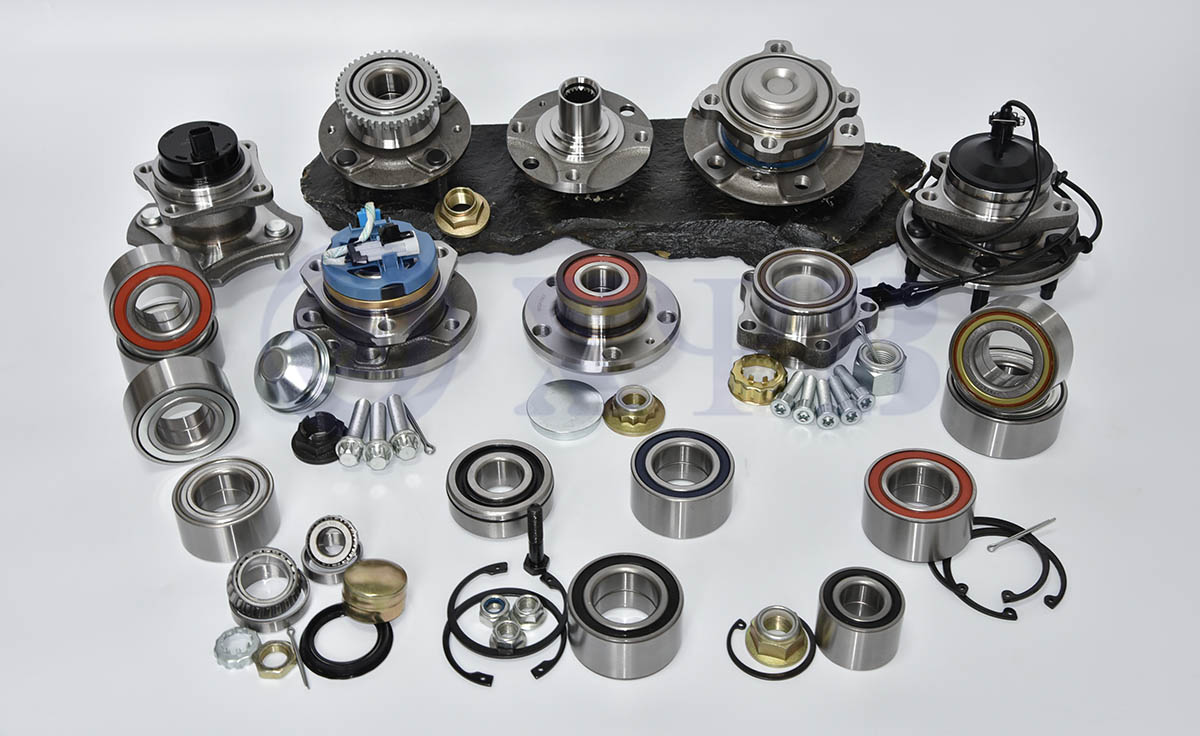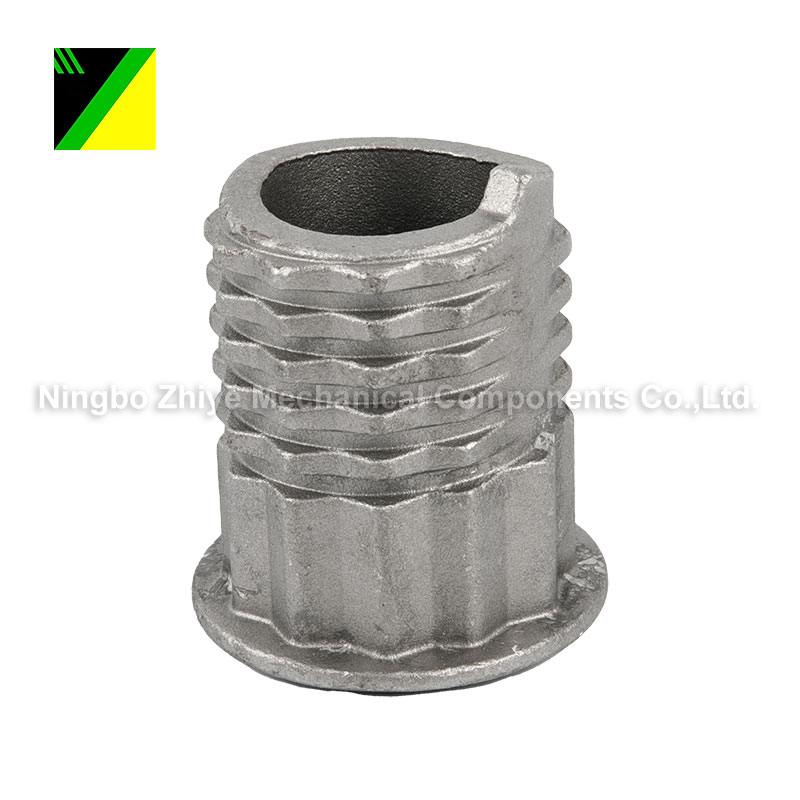Automobile Wheel Bearing
Automobile wheel bearings are a critical component of a vehicle's suspension and drivetrain system. They enable the smooth rotation of the wheels while supporting the weight of the vehicle. Wheel bearings reduce friction between the rotating wheel hub and the stationary axle or spindle, allowing......
Send Inquiry
Product Description
Automobile wheel bearings are a critical component of a vehicle's suspension and drivetrain system. They enable the smooth rotation of the wheels while supporting the weight of the vehicle. Wheel bearings reduce friction between the rotating wheel hub and the stationary axle or spindle, allowing the wheels to turn with minimal resistance. Here's more information about automobile wheel bearings:
Function and Features:
1. Load Support: Wheel bearings support both the vertical and lateral loads applied to the wheels, including the weight of the vehicle and the forces generated during cornering and braking.
2. Friction Reduction: Wheel bearings use rolling elements (balls or rollers) to minimize friction between the rotating parts, improving efficiency and reducing wear.
3. Sealed Design: Most modern wheel bearings are sealed to prevent dirt, water, and contaminants from entering the bearing assembly, which could lead to premature wear and damage.
4. Hub Assembly: In many vehicles, the wheel bearing is integrated into a hub assembly, which also includes the wheel hub, brake components, and sometimes the ABS (Anti-lock Braking System) sensor.
Types of Wheel Bearings:
1. Ball Bearings: These wheel bearings use ball-shaped rolling elements and are commonly used in light-duty vehicles. They are suitable for applications where rotational speed is higher and load capacity is moderate.
2. Tapered Roller Bearings: Tapered roller bearings have conical rollers and are used in applications that require high load-carrying capacity and durability. They are often found in heavy-duty vehicles like trucks and SUVs.
3. Generation Wheel Bearings: Generation wheel bearings combine the wheel hub, bearing, and sensor components into an integrated unit. They are designed to be replaced as a single assembly, making maintenance more convenient.
Symptoms of Wheel Bearing Issues:
- Noise: A common symptom of a failing wheel bearing is a grinding, roaring, or humming noise coming from the wheel area, especially when the vehicle is in motion.
- Vibration: A worn-out wheel bearing can cause vibrations that can be felt in the steering wheel or through the vehicle's structure.
- Uneven Tire Wear: Damaged or worn wheel bearings can lead to uneven tire wear, as they can affect wheel alignment.
- Looseness or Play: Excessive play or movement when shaking the wheel by hand can indicate a worn or damaged wheel bearing.
Replacement and Maintenance:
- Replacement: When a wheel bearing shows signs of wear or damage, it should be replaced promptly. Modern hub assemblies often include the wheel bearing and can be replaced as a single unit.
- Maintenance: Wheel bearings are designed to be maintenance-free, but keeping the surrounding components (like brakes) in good condition can help extend their lifespan.
- Professional Inspection: If you suspect wheel bearing issues, it's recommended to have the vehicle inspected by a qualified mechanic.
Properly functioning wheel bearings are crucial for vehicle safety and performance. Regular maintenance and prompt replacement of damaged wheel bearings can help ensure a smooth and safe driving experience. If you encounter any symptoms of wheel bearing problems, it's important to address them promptly to avoid further damage and potential safety risks.










